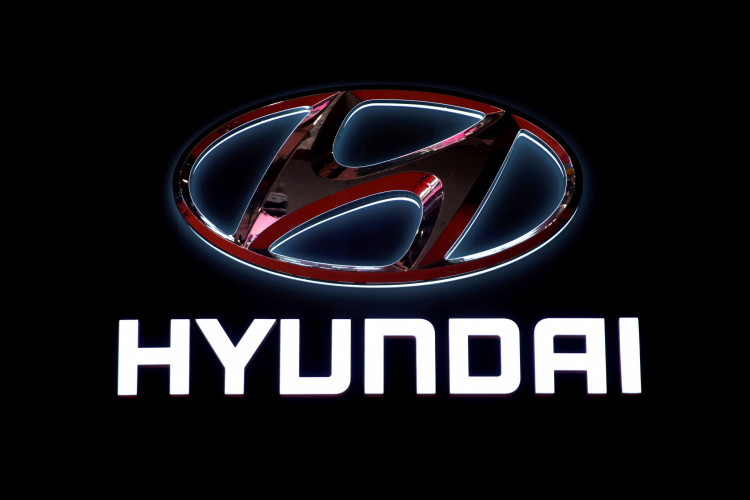While Samsung closed its last production line in China last month and other South Korean companies left the mainland, Hyundai is preparing to take full ownership of one of its joint ventures, which the country allowed - the Sichuan Hyundai which makes large vehicles like buses and heavy trucks, as part of the country's pledge for a fairer competition and open market to foreign firms.
Hyundai Group has several joint ventures in Beijing and Sichuan.
The South Korean carmaker bought all shares from its Chinese joint-venture partner in Sichuan Hyundai.
The vehicle maker had poor sales with only 2,500 vehicles sold from January to September of this year, a steep drop from the 40,000 sold over a year from three years ago.
Hyundai, in 2012, formed a 50:50 joint venture with the Sichuan Nanjun Automobile Group (SNAG).
Able to assemble 700,000 vehicles by 2020, one of the firm's production lines is in Ziyang, Sichuan province.
A legal professional in the mainland whom Hyundai Group consulted in 2018 said the South Korean conglomerate is "frustrated" with its intellectual property rights.
Beijing Hyundai, another joint venture, that makes sedans and SUVs including the Sonata and Santa Fe, will not get affected.
This move, buying out a joint venture, that China allowed with Hyundai is well into the China-US trade talks' 16-month of negotiations.
It is seen that this move of Hyundai would start a trend of foreign automakers boosting ownership in the world's biggest car market thus inviting more foreign investors.
Sources said that Volkswagen is also looking into buying a big stake in its Chinese electric vehicle joint venture while BMW has agreed to buy control of its main joint venture in the mainland.
Early this year, China passed a law replacing the ones governing joint ventures.
Called the foreign investment law (FIL), this would give investors more flexibility and more protection for their intellectual property rights.
Benjamin Cavender, a managing director at Shanghai-based China Market Research Group, supported the initial belief that the Chinese allowing the sale of its shares of a joint carmaking venture to a foreign firm and letting them fully control the company could be Beijing drawing further foreign investments as its car industry matures.
He noted that Tesla, the American electric-vehicle maker, became the first foreign firm to be given the full reins in its company last year.
Cavender noted that these moves of allowing foreign players full control of operations are indicators of a further opening of sectors because "the government feels that Chinese firms are now competitive."






